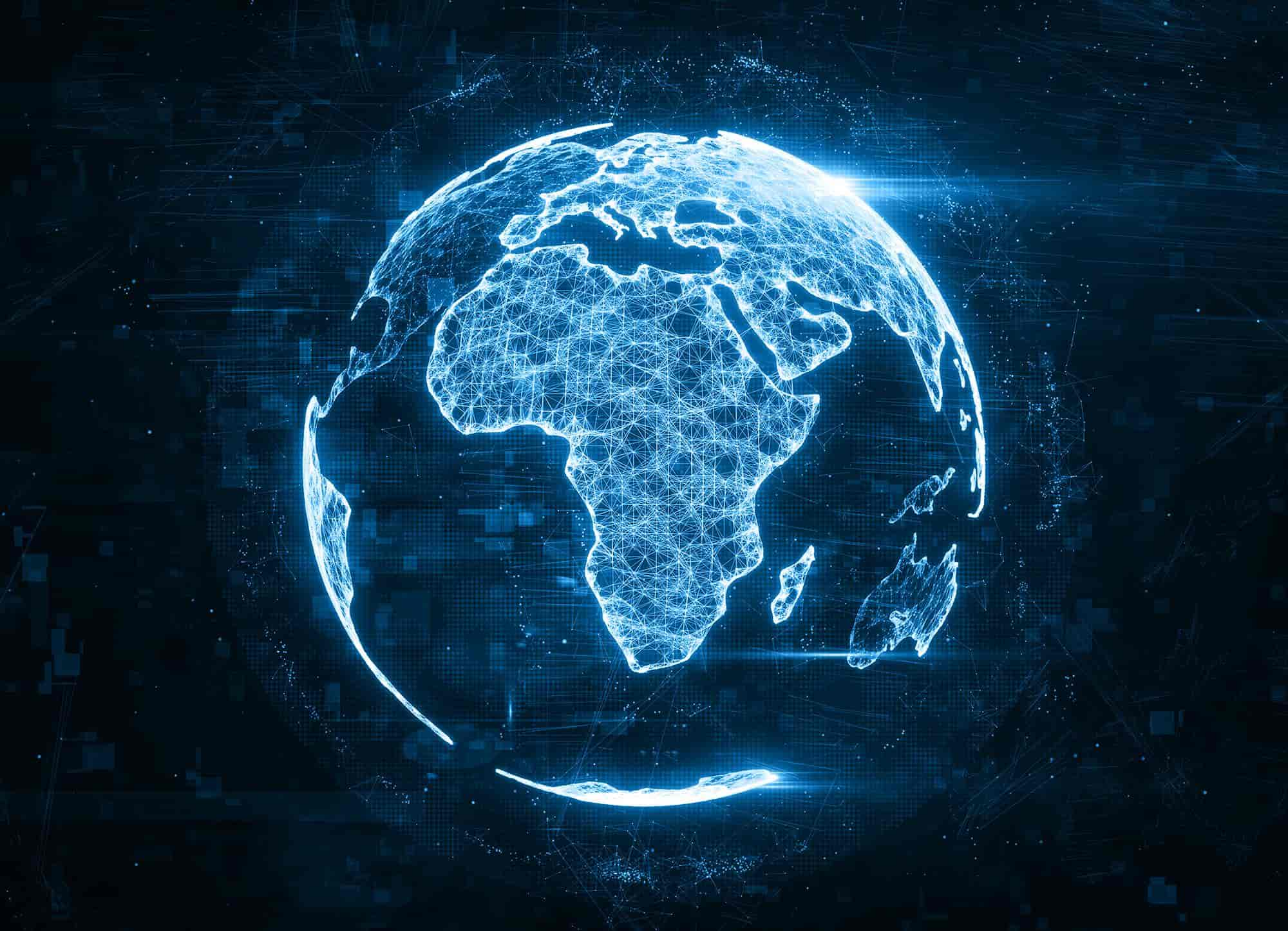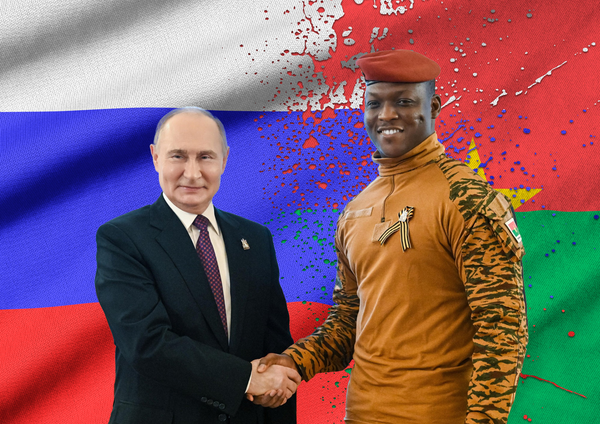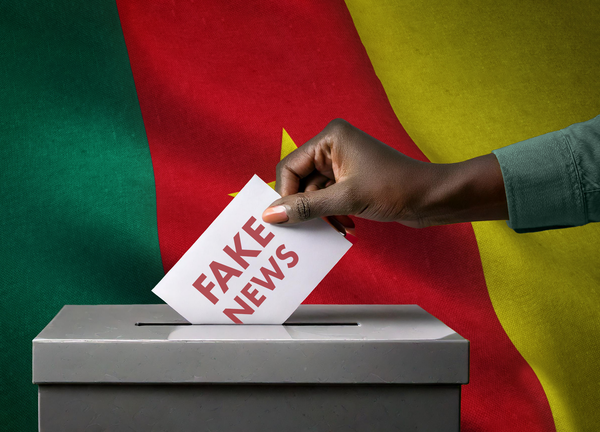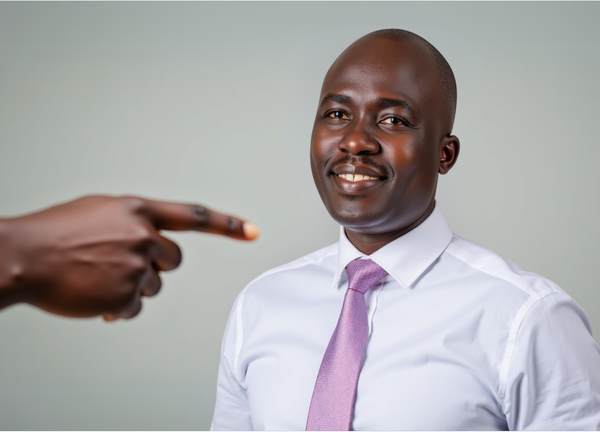Why does this international day exist?
Universal access to information is essential. It contributes to the democratic functioning of societies and the well-being of each individual. September 28 became one of the most important days on the liberty calendars of information defenders around the world.

The international community, through institutions such as UNESCO or the European Union recognizes the right of access to public information. He sees himself as "a human right necessary for the protection and enjoyment of other rights, including the right to freedom of expression".

To date, more than 125 countries including ten in Africa (Côte d'Ivoire, Senegal, etc.) have laws that guarantee the right to information from their government.
The evolution of access to information in countries in Africa
This international day is important in Africa. It is recognized by resolution 222 of the African Human Rights and Peoples Commission during its 50th ordinary session.
Despite many African countries that have this law, the countries of the continent remain at the bottom of the classification concerning freedom of expression . In the written press, an investigation is transmitted. Those are journalists and specialists members of partner organizations of reporters Without Borders who relate it. Indeed, if the country's government blocks information and decides not to make it public, the population does not enjoy their law. Even if the country signs a law that stipulates the reverse. It is not because a law on access to information exists in a country, that this right is respected.
Côte d'Ivoire is a good example. He is one of the countries that advances in access to information with the existence of such a law. However, the authorities do not have the information requested by journalists. A reluctance that may make it impossible to practice fact-checking.
Other countries in Africa go even further. No Facebook, Twitter or WhatsApp. Digital rights defenders say it is censorship. They claim that it violates the law for free access to information. An increasingly frequent censorship in certain African countries. However, the governments that apply it support what it contributes to maintaining security. Especially during tense periods such as presidential elections.









